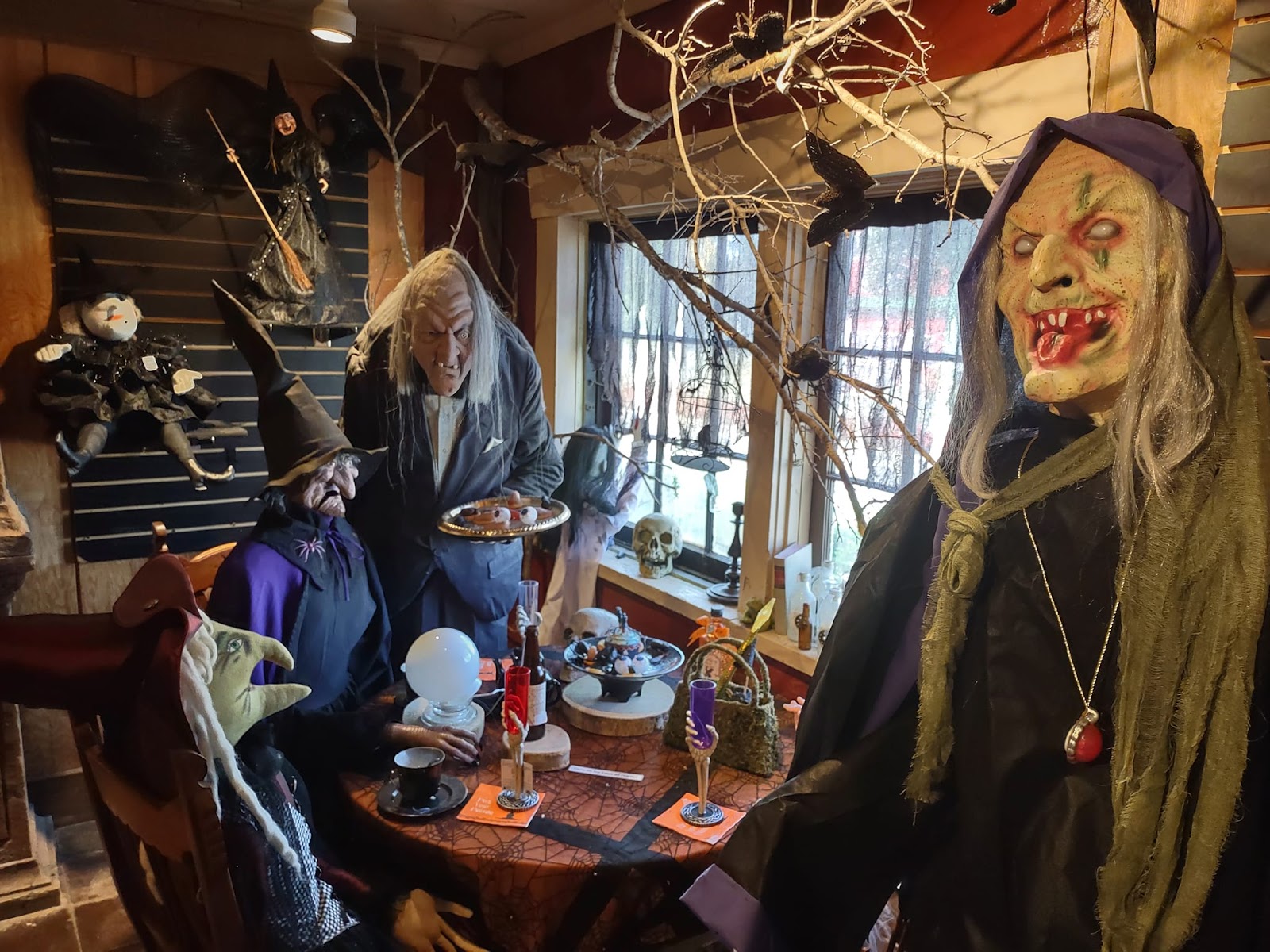Journalism 101
By Johnny D. Boggs
After two-plus years of writing, rewriting, screaming, pulling hair and watching countless movies that feature newspaper journalists, American Newspaper Journalists on Film: Portrayals of the Press During the Sound Era (McFarland) arrived at my front door last week.
Now comes the hard part: Promoting a book that, with a $49.95 price tag, won't entice moms and dads to stick it in stockings for their J-school students -- like any parents want their kid studying journalism these days.
Trust me. My son is majoring in journalism. Didn't you hear all my horror stories about working in newspapers?
Writing this book reminded me of why I'd rather write fiction.
1. Footnotes.
2. Facts.
But it also reminded me of why, even though I predominantly write fiction, I consider myself a journalist.
Instead of who-what-where-when-why, I ask, What if? I also ask tons of questions before typing a sentence.
Besides, I wouldn't be where I am today if I hadn't spent nigh 20 years in the field as a high school and college student and as a professional in the then-competitive Dallas-Fort Worth market for two Pulitzer Prize-winning dailies.
I learned:
√ Get Your Facts Right: Sure, I make stuff up in my fiction, but by throwing in enough tidbits that are accurate, you lure readers into accepting your world as though Bob Woodward has vetted it.
√ Deadlines Are Not Figments of An Editor's Imagination: Flashback -- alone in the press box after a high school football game, the lights go off. In complete darkness, I run outside, yelling: "I'm STILL here!" No one is in earshot or cares. After grabbing my notes and Trash 80 (the world's worst laptop), I run down the stands and dash to the gate. Which is locked. I shove my stuff under the fence. Climb up chain-link and over razor wire. Jump down. Get my computer and notes. Run to my Datsun B-210, speed to a payphone. Finish typing the story. Hook up those silly acoustic couplers. And file the piece to the copy desk. On time.
√ At a Minimum, Get Two Sides to a Story: The truth likely lies somewhere in between.
√ Think Before You Type: Empathy is the key when writing fiction. And always be fair.
√ Never Back into Your Lead: The best scene in The Post (2017), for me, twice a copy-desk chief, is after reporters finish their story and it goes to the copy editor, who takes a pencil and scratches out the first line.
The Post isn't a great movie, but I laugh every time at that scene (which isn't played for laughs). I also love this scene in The Paper (1993), also not a great film: A reporter chains his chair to his newsroom desk.
I swear, I worked with men and women just like that.
Yeah, there's a line Humphrey Bogart, playing a NYC daily's managing editor, says in Deadline - U.S.A. (1952) that, even when I'm recalling newspaper horror stories, I agree with 100 percent:
"It may not be the oldest profession, but it's the best."
















